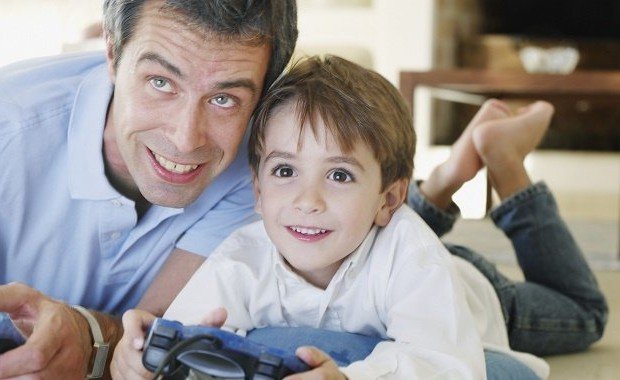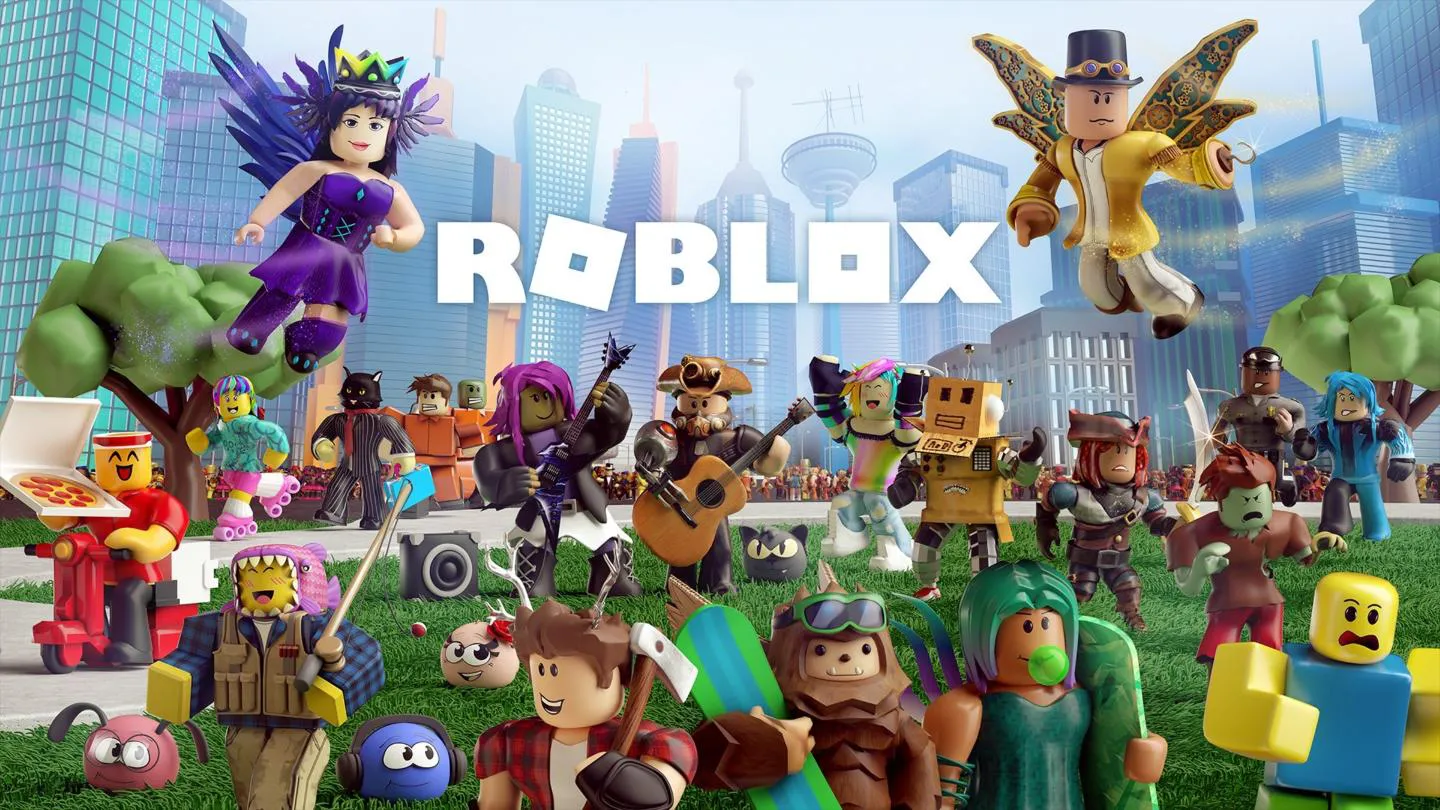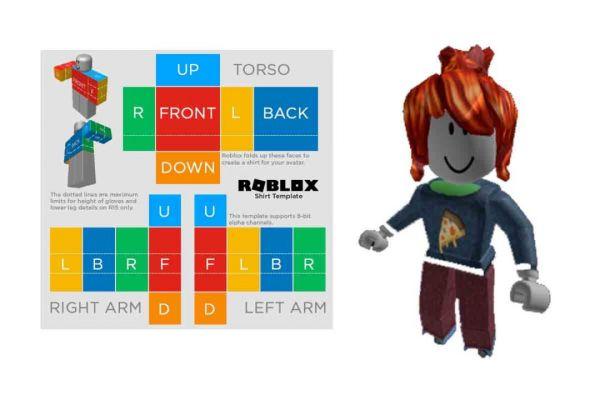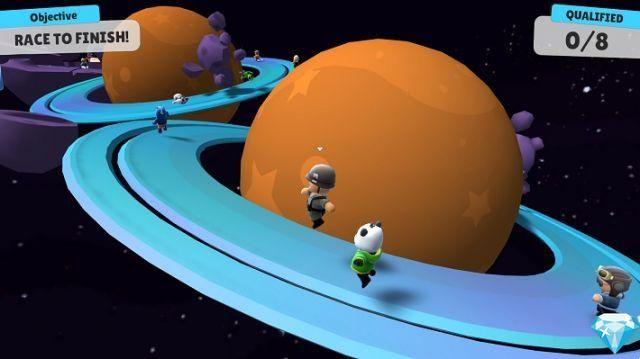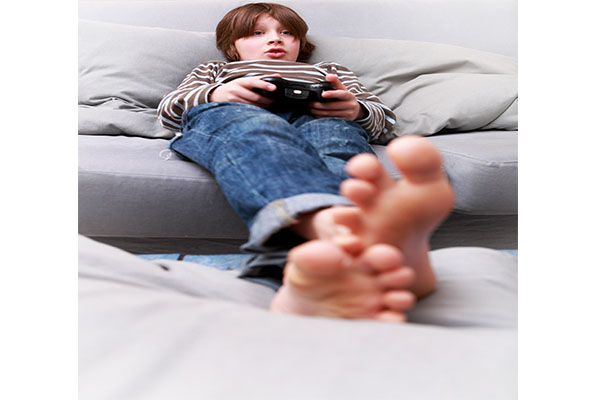
In recent years, there are an increasing number of children and teenagers who are passionate about video games and who are attracted by the screens, spending many hours even consecutively playing. Video games have enormously evolved from a technological point of view, they have realistic settings and interactive modes that allow you to play online with friends or strangers even on the other side of the world.
Parents are usually worried to see their children who, joystick in hand, spend many hours in front of electronic games. They don't know how to behave and are frightened by their behavior and sometimes by their exaggerated reactions to attempts to interrupt the game. They are afraid that they may develop an addiction, that they may be conditioned by the violent images of most of the games that boys are passionate about and that some games may alter the mood and behavior of the boys.
It is necessary to point out that, where there is an abuse of video games, it is often the tip of the iceberg of a deeper difficulty, it is not the "cause" of the problem. For this reason it is necessary to understand what is hidden behind these attitudes, what are the needs that children try to compensate for by playing, from leisure, to sharing, to relationships, in search of sensations, to releasing tension, up to escaping from reality and the need to experiment and feel effective.
When does the passion for video games turn into addiction and pathology?
The use of video games is NOT harmful, as is too often believed, on the contrary, what little is known is that it favors a whole series of important cognitive skills such as problem solving or problem solving, prolonged attention, the ability of concentration and reactivity. Adequate use of video games can easily be part of raising a child. If he manages to complete all the tasks and extracurricular activities scheduled, also alternates with non-virtual activities and has friendships even offline, one should not worry too much about the time a child spends in front of the console. It's a passion, for others a pleasure, a drain and if they don't do it with the activities that a parent believes are right for them, it doesn't mean it's harmful to health. Also because it's really important to underline that you do NOT become violent and murderous because of a video game. It can interfere with aggressive behavior when there is strong abuse, pre-existing conditions of vulnerability and fragility, when the game becomes compensatory and completely alien to reality, i.e. when there are already other psychological problems or we are dealing with a psychopathology. It's like the streaming series that are often accused of being the cause of the violent behavior of the boys. If this were really the case, that is, if the relationship between gaming and violent behavior were so linear, calculating the millions of kids who play, we will have millions of criminals in circulation. This is to say that there are other variables that interfere and affect the conduct.
The discomfort manifests itself when the video game replaces the moments dedicated to daily activities, canceling relationships and favoring isolation, when there is conditioning from an emotional and behavioral point of view. Virtual reality can thus represent, especially in moments of fatigue and fragility, a way out to escape from everyday life, as it offers the possibility of experiencing new emotions and sensations, identifying with the characters, avoiding experiences of boredom, incapacity or uselessness.
It is necessary to pay attention to the emergence of ALARM SIGNS that can indicate an addiction, determined NOT ONLY by amount of hours spent in front of the video game, but from a series of changes that disrupt children's daily lives, mood and behavior. Children can become apathetic, restless and irritable, change their habits (eating, personal hygiene), not sleeping and being tired all the time, playing secretly, often arguing with their parents and having outbursts of anger when they don't want to stop the game , neglecting school, sports and relationships, having physical symptoms (headache, back pain, impaired vision). Therefore, there are many kids who play for many hours even consecutively and do not develop an addiction to video games.
How should parents behave?
The real challenge for a parent is not in banning video games at all, but in helping the child to balance his leisure activities and to be aware of the value of the time he has available.
– Don't demonize video games. Many parents tend to keep their distance and criticize this type of tool, without knowing that video games also have positive effects on learning, the development of cognitive skills, reasoning, decision making and goal management. Not all video games are the same and it is not so much the tool itself that is harmful, but its unconditional and compulsive use.
– Know and approach their world. We must try to grasp their point of view in the relationship with technology and get closer to this world which in any case represents a part of their life. The parent must dialogue with the child and share his interests with him, sometimes staying close to him, proposing to play together or simply talk about the game he is playing, not only to investigate but to make him want to talk about it, creating a moment of dialogue.
– Give greater presence. We must avoid making the mistake of using video games as "babysitters" since they are small, given that the children are there quietly and leave them alone to play for hours in front of the screen, without being in the least interested in what they are doing. It is also necessary NOT to buy or allow children to use certain video games, without knowing what they are about and without providing them with those tools that can act as a filter for certain contents.
– Agree on the time together. Children need to know that there is time for video games, but it has a limit. It is important to establish together a maximum amount of time to spend playing, perhaps even using a clock so that they realize the time they have spent in front of the screen and keep abreast of reality. Nighttime use should be prohibited because it interferes with the quality and quantity of sleep and therefore affects attention and concentration skills, affects mood, sleep-wake rhythm and weighs on the immune system. If you really don't succeed, you can even think of removing it from the room during the night because sometimes they pretend to go to sleep and then get up and continue playing. It must be one of the conditions that you must define in a sort of "contract" that you are going to enter into with them.
– Propose valid alternatives for them. It is necessary to suggest leisure and fun activities that children could do with their friends or with you, taking into account their age and interests. Help them create opportunities for them to go out and interact with peers outside the virtual world. They will say that they talk to friends while playing and are in contact with them. It is true because they are always techno-mediated relationships which must never replace the physical ones. Also pay attention to the fact that through the console they are still connected to the Internet, they have the possibility of exchanging files and chatting with friends, even those they don't know. Explain to him the risks associated with interacting with strangers, never giving personal information, specific indications, not activating the webcam to show home and yourself as well as the game, not sending any type of material because there are also many scams and many adults who, through play, entice children.
– DO NOT interrupt the game abruptly. Many desperate parents come to pull the plug or the Internet connection in order to interrupt the game that the child otherwise cannot stop. However, this often activates reactions of anger, frustration and conflict that lead nowhere. Thus there is a risk of undermining trust and taking the child to play secretly and find expedients in order to stem the obstacles. The situation must be assessed objectively. It's true that you have agreed on the time limit, it's true that many kids tend to have no boundaries but it's also true that there is situation and situation, sometimes they're finishing the game, maybe they're reaching their record and pulling the plug it means ruining all the work they have done. Before making such a drastic decision that violates them and harms the relationship with you, ask and evaluate. Moreover, there may be days in which they can play more, perhaps they did well in school and can be rewarded, others have less things to do or have created a situation with sharing friends. You have to be able and it shows in their attitude when the game is a compulsion or when it's just a passion. It is equally true that when they have a new game it is normal for them to be "closed", spending more hours attached to the screen because they want to discover it, because there is novelty, adrenaline and curiosity. In these cases it is also normal for them to "gorge" on video games. The time spent playing, however, must decrease as the first few days go by and return to normal. If they are on vacation or on the weekend they can also play a little more, if they are days in which they don't go out due to the weather or friends who aren't there, too, but all conditions must be monitored together with you and agreed upon each time, so that they understand that there are always those who are ready to set a stake and a limit because if you wait for them to do it independently, it will certainly be night.
– Understand the presence of difficulties and inconveniences. The video game is the perfect deterrent to avoid thinking about problems, it is something that attracts, that easily distracts, so it can be used to escape from the difficulties that one may have at school, with friends, from family conflicts, from everyday life that can be lived with a certain malaise. We need to understand if there are problems that make the child want to escape into the virtual world and face them together, before he becomes addicted.
- Kidnapping is not the most effective method to keep them from playing. Seizing a Playstation from a child who plays regularly is a very heavy emotional punishment. They go to affect their deep habits and what allows them to release emotional tensions, not to think, to pass the time and, paradoxically, socialize. It is seen by the children as a violation of their space. With the kidnapping and threats good results are not obtained, the role and parental authority are not recovered, respect is not obtained, on the contrary, obedience is given only by fear, not by understanding what has been done . Dialogue and constant tug of war, that is, compromises, are the most effective method to obtain that the meaning of the rules and the stakes can be listened to and accepted. Moreover, we must never forget that even if you seize the console, it is enough for them to go to a friend's house and play with them or connect with the smarpthone and play something else to continue playing.
The more ingrained certain unhealthy habits are, the more it takes time and patience to change them. We need to face and contain the anger and frustration of children, making them understand the risks of abuse from video games and always helping them to keep in touch with reality.
Grasping all kinds of signals, maintaining an open dialogue and understanding what the kids are experiencing is essential to support and help them.
by Maura Manca









